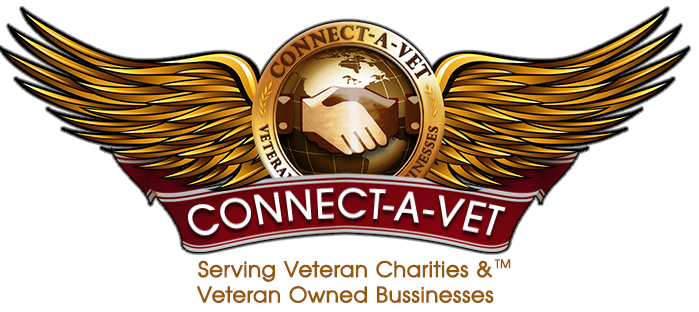Post-Traumatic Stress Disorder (PTSD) and Traumatic Brain Injury (TBI) are among the most challenging conditions faced by veterans and active-duty military personnel. These invisible wounds of war can have profound and long-lasting effects, impacting every aspect of a person’s life. The journey to healing is complex and often requires a multifaceted approach. While medical professionals offer essential support through therapy and medication, the healing power of family and friends cannot be overstated. In fact, the love, acceptance, patience, and understanding provided by those closest to the individual often play a more significant role in recovery than what can be offered by doctors and psychiatrists.
The Role of Medical Professionals:
Essential But Limited
Medical professionals, including doctors, psychiatrists, and therapists, provide critical services for those suffering from PTSD and TBI. Their expertise in diagnosing these conditions, developing treatment plans, and prescribing medications is invaluable. Therapists offer structured environments where patients can explore their trauma, learn coping strategies, and work toward recovery.
Medications prescribed by psychiatrists can help manage symptoms such as anxiety, depression, and insomnia, which are common in PTSD and TBI patients.
However, the approach of many medical professionals is often constrained by the clinical nature of their work. While they possess extensive knowledge from years of education and training, their understanding of trauma is typically based on academic studies and clinical observations rather than personal experience. This can sometimes create a disconnect between the patient and the professional, as the latter may rely heavily on textbook approaches to treatment.
Moreover, there is a tendency in the medical field to focus on symptom management, often through the use of medications. While medications can be life-saving in certain situations, they also come with risks, such as dependency and side effects. The over-reliance on pharmaceuticals can sometimes mask the underlying issues rather than addressing them, leading to a cycle where the root cause of the trauma remains unhealed.
The Healing Power of Family and Friends:
A Holistic Approach
In contrast to the clinical approach of medical professionals, the support provided by family and friends is rooted in deep personal connections and unconditional love. For someone suffering from PTSD or TBI, this type of support can be more effective in promoting long-term healing and recovery.
Family members and close friends offer a level of understanding and empathy that is difficult to replicate in a clinical setting. They have often witnessed the trauma firsthand or have been deeply affected by it themselves. This shared experience fosters a sense of solidarity and connection that can be incredibly comforting to someone who feels isolated by their condition.
One of the most significant benefits of support from family and friends is the acceptance they offer. Unlike medical professionals, who may focus on “fixing” the problem, loved ones are more likely to embrace the individual as they are, providing a safe space where they can express their emotions without fear of judgment. This acceptance is crucial for someone dealing with PTSD or TBI, as these conditions can often lead to feelings of shame, guilt, or inadequacy.
Patience is another critical component of the healing process that family and friends bring to the table. The road to recovery from PTSD and TBI is long and unpredictable, with many setbacks along the way. Medical professionals may have limited time and resources to devote to each patient, leading to frustration when progress is slow. In contrast, family and friends are more likely to be there for the long haul, offering unwavering support no matter how long the recovery takes.
Understanding is perhaps the most powerful gift that loved ones can offer. They recognize that healing is not a linear process and that good days will be followed by bad ones. They understand the triggers, the mood swings, and the moments of despair, and they respond with compassion rather than frustration. This deep, personal understanding can provide a sense of security and stability that is essential for healing.
A Balanced Approach:
Integrating Both Forms of Support
While the support of family and friends is invaluable, it is important to recognize that medical professionals also play a crucial role in the recovery process. Ideally, the most effective path to healing combines the strengths of both approaches. Medical professionals can provide the necessary interventions and therapies to address the physiological and psychological aspects of PTSD and TBI, while family and friends offer the emotional and social support that fosters true healing.
This integrated approach requires open communication between the patient, their loved ones, and their healthcare providers. Families should be involved in the treatment process, learning about the condition and the best ways to support their loved one. At the same time, healthcare providers should be aware of the vital role that family and friends play in recovery and encourage their involvement.
Conclusion: The Power of Love in Healing
PTSD and TBI are complex conditions that require a comprehensive approach to treatment. While medical professionals provide essential services, the love, acceptance, patience, and understanding offered by family and friends often have a more profound impact on long-term recovery. The personal connections and deep empathy that loved ones bring to the table can make all the difference in the healing process, offering a level of support that goes beyond what can be learned
from a book or provided through medication. For those on the journey to recovery, the combination of professional care and the unwavering support of family and friends offers the best hope for healing and reclaiming their lives.

